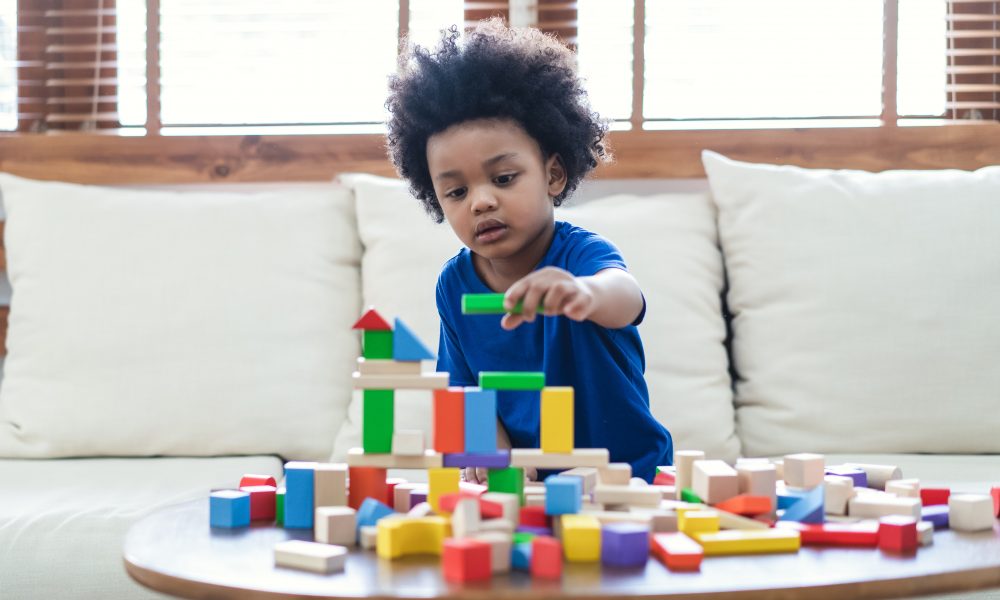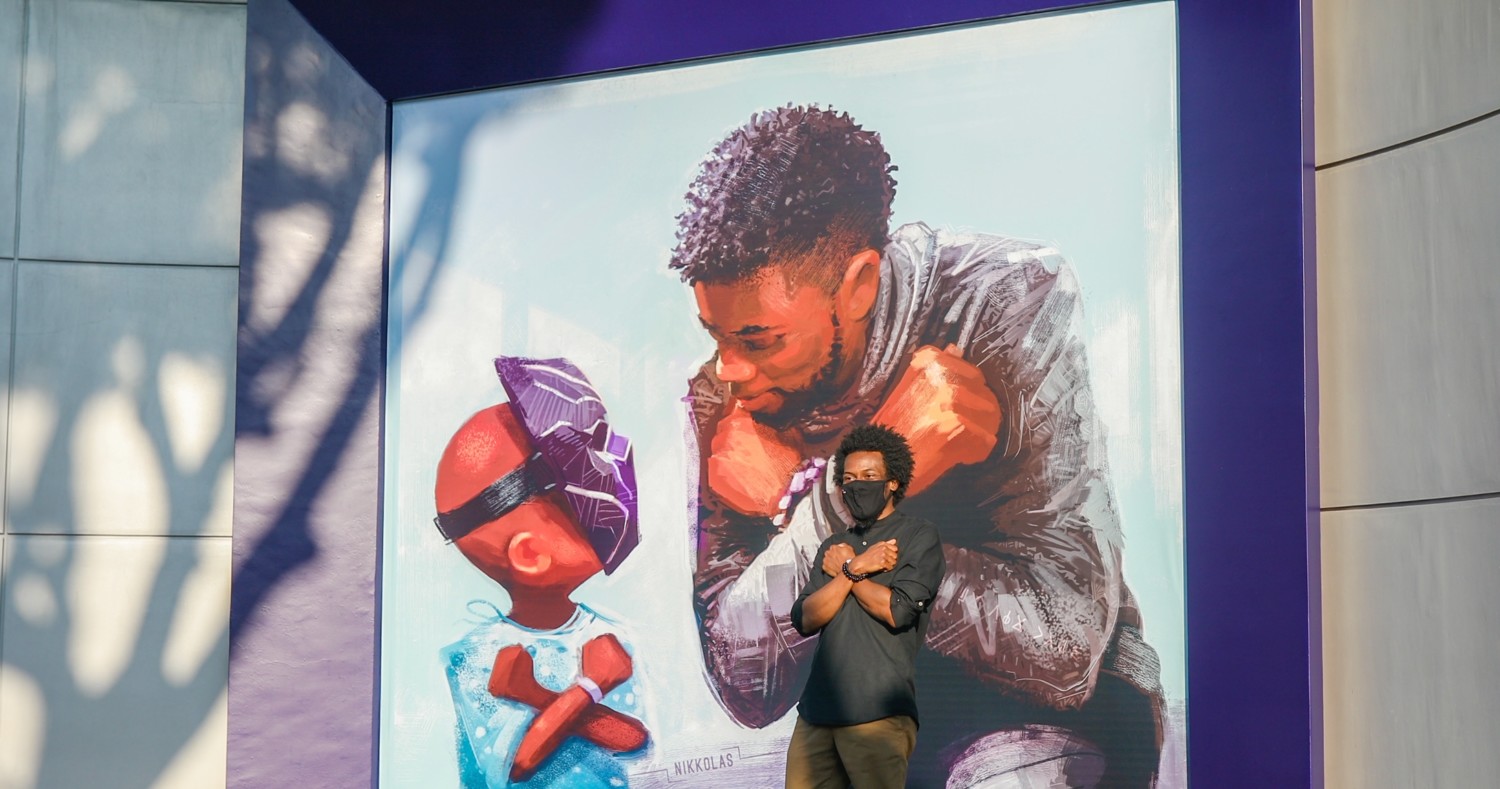Kids might not understand the images they see on TV, or the significance of protests happening in response to the Black Lives Matter movement. So as a parent, it’s hard to know how to have a conversation with your children about events happening in the world right now. But how do you start? Even though it’s a complex topic to simplify, Dr. Adrianne Crawford Fletcher – the Assistant Dean for Diversity and Inclusion at Case Western Reserve University – has helpful tips on how to talk to your kids about racism.
Start the Conversation Early
The first tip on how to talk to your kids about racism is to start the conversation early. “All parents, no matter what race or ethnicity, must become aware of their values and their isms – racism, ableism, genderism – because we are unwittingly passing that information on to children,” says Dr. Crawford Fletcher.
According to studies, children start to notice racial differences as early as six months old. “We want to start to notice those differences with them and point out that their goodness or ability to succeed is not based on color differences. So we want to talk to our children about race early and often,” adds Dr. Crawford Fletcher. To help spark the dialogue, she recommends using the “Three Cs”: speak calmly, speak confidently and make it conversational.
Recognize and Address White Privilege
Next, it’s important to recognize and address white privilege, which Dr. Crawford Fletcher defines as the ability to move about the United States freely and having unworried opportunities. She urges it’s important to teach your children early and often about how privilege affects others.
“We see white privilege being weaponized or wielded in statements like, I’m better than you because my skin is lighter than yours and your skin is dark,” explains the educator.
Privilege can always play a part in someone’s success, but Dr. Crawford Fletcher’s advice for parents is to be intentional by exposing their kids to experiences with people from different backgrounds. “Go to places where they will congregate with families who are different from them,” she suggests. “Then children learn not to wield or weaponize that quote unquote privilege.”
Continue to Educate Yourself and Your Children
The final tip is to continue to educate yourself and your children. Use online resources like the Talking About Race portal from the National Museum of African American History and Culture. And most importantly, teach your kids about advocacy efforts. Dr. Crawford Fletcher notes there are numerous initiatives on Change.org, and she recommends sitting down and browsing through them with your children. “If they see you working towards becoming an ally, they are going to want to be an ally too,” she assures.
Times are changing fast as Americans reflect on the protests led by the Black Lives Matter movement. And while kids are sure to have trouble grasping the significance of the moment, now you can start the conversation at home with these tips on how to talk to your kids about racism.
Originally written by Rossi Ramirez from The List.
RELATED: ‘Black is Beautiful’ Beer: Brewing Awareness One Sip at a Time







